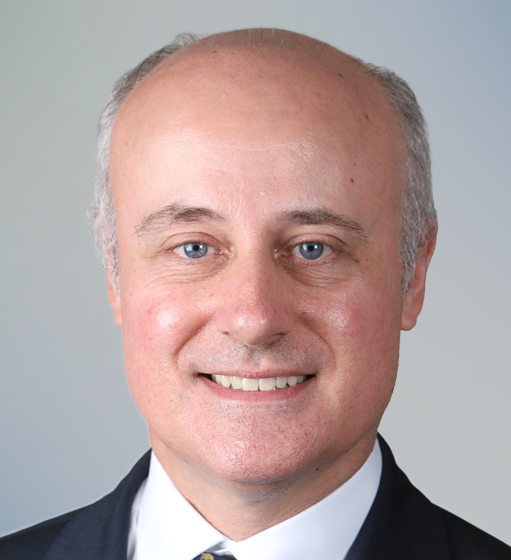Op-ed by Klaus Regling: "Economic governance for a more stable EMU"
Klaus Regling, ESM Managing Director
"Economic governance for a more stable EMU"
Op-ed for Eurofi High Level Seminar, Malta
Countries can successfully function in a monetary union if they avoid excessive macroeconomic imbalances and divergences. Imbalances can arise if a country loses its competitiveness, for example due to wage growth above productivity gains, labour and product market rigidities, or an unsustainable accumulation of private and government debt. Preventing such imbalances is more important for the good functioning of monetary union than ensuring nominal or real income convergence, even though these are desirable in general. A successful monetary union also needs mechanisms to address asymmetric shocks.
Europe has made significant progress in reducing macroeconomic imbalances since the financial crisis. More specifically, reform implementation led to a successful programme conclusion in four out of five countries benefiting from EFSF and ESM support. Reforms of the European governance framework such as with the European Semester and the Macroeconomic Imbalance Procedure have also supported progress. These reforms added a regime of ex-ante coordination and strengthened the system of ex-post monitoring and sanctioning.
At the same time, the current framework is not equipped to sufficiently cushion asymmetric shocks affecting one of its Members when, for example, national buffers are depleted and fiscal space is limited. The euro area created the EFSF and ESM, which reduced contagion across the currency union. To address asymmetric shocks and make economies more resilient, EMU governance should be further strengthened through increased risk-sharing between countries. A new fiscal capacity, which could take the form of a stabilisation fund or an insurance scheme, could provide for enhanced risk-sharing without creating permanent transfers or debt mutualisation.
Another route to enhance risk sharing would be through financial markets and the completion of Banking Union and Capital Markets Union (CMU). Banking Union should be completed through a common backstop for the Single Resolution Fund, and eventually a common deposit insurance after legacy issues have been reduced. Further development in the area of the CMU is needed, starting by harmonising legal frameworks affecting cross-border EU businesses. This would diversify funding sources for corporates, facilitate cross-border equity investment, and reduce firms’ dependence on bank loans. In aggregate terms, it would substitute a part of the shock-amplifying debt flows for shock-absorbing equity flows.
Creating a common European ‘safe asset’ would in principle be another step to facilitate cross-border risk sharing. Different models for creating a safe asset have been debated, with ample liquidity comparable to that of the U.S. Treasury market being a common characteristic. However, the economic and fiscal fundamentals in euro area countries are currently not strong enough to avoid the risk that disproportionate support by euro area sovereigns could be needed. Therefore, the specifics of how to introduce and develop a market for euro area safe assets requires further thought.
Increased risk-sharing should be accompanied by incentives to comply with common rules and with stronger monitoring of national fiscal policies. When setting up new frameworks and policies, Europe needs to move towards mechanisms that provide strong incentives to comply with the rules and implement structural reforms. Participation in risk-sharing arrangements could be made subject to compliance with commonly agreed rules. To this end, European policy makers could also create a central coordinating authority to oversee national fiscal policies
Contacts



